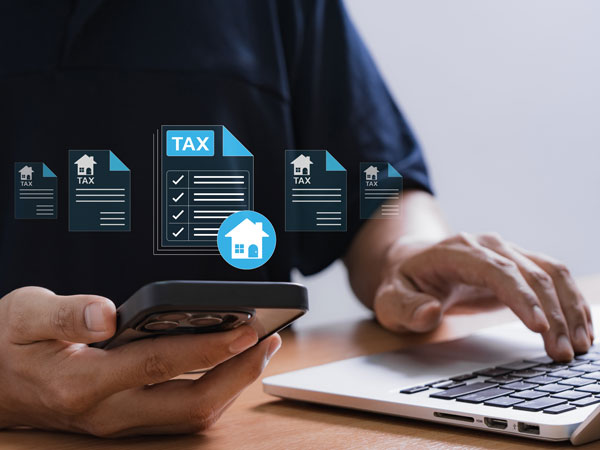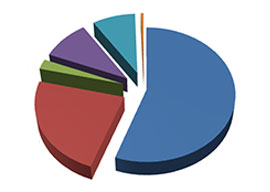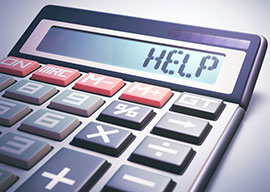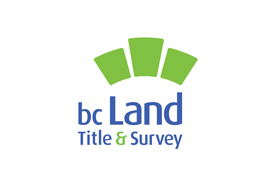Property taxes
Property taxes make up the largest portion of the City’s revenue and are used to fund essential services such as fire and police, road maintenance, parks and recreation, and cultural facilities. In 2025, property taxes are due by 4:30 p.m. on July 2, covering the period from January 1 to December 31, 2025.
Property tax notices are mailed to owners. If you haven’t received your tax notice by June 15, please contact City Hall. It’s the property owner’s responsibility to ensure they receive their notice.
Paying your property taxes
You can pay your property taxes online, by cheque or in person. We do not accept e-transfers.
Pay online by credit card
To pay your property tax bill by credit card, visit our online payment portal. You will need the 9-digit folio/roll number from the top of your bill.
- We accept Visa and Mastercard.
- A processing fee applies to all credit card payments.
Pay through online banking
You can pay your property tax through your bank’s online banking service.
- Log in to your online banking account.
- Set up a new bill payment and add the City of Courtenay as a payee.
- Use the 9-digit folio/roll number from your property tax notice as the account number (add zeros at the beginning if needed and omit the period between the first and last three digits).
| Financial Institution | City of Courtenay Payee Name |
| Bank of Montreal | Courtenay, Taxes |
| CIBC | COURTENAY CITY TAX |
| Coastal Community Credit Union | Courtenay, City of - Property Tax |
| RBC | COURTENAY (CITY) - TAXES |
| Scotiabank | COURTENAY (CITY) TAXES |
| Tangerine (ING) | COURTENAY TAXES |
| TD Canada Trust | COURTENAY TAXES |
- Keep the confirmation number from your bank as proof of payment. The City of Courtenay does not issue receipts for online payments.
- Please ensure the transaction is completed three to five days before the due date.
- Payments are posted to accounts on the date they are received, not the date it was sent by your financial institution.
Pay in person at your bank
Property tax bills are payable at most banks or credit unions. Use the 9-digit folio/roll number from your property tax notice.
- Check with your financial institution to confirm in-person payment options.
- Keep the stamped copy of your bill for proof of payment.
Pay by cheque
You can either mail your cheque or use our secure drop-off at City Hall.
By mail:
Mail your cheque to:
City of Courtenay
830 Cliffe Avenue
Courtenay BC V9N 2J7
By secure drop-off:
A drop box is available to the right of the main entrance of City Hall (830 Cliffe Avenue), accessible 24 hours a day.
Important information for both methods:
- Make cheques payable to City of Courtenay.
- Post-dated cheques are accepted.
- Payments are posted to accounts on the date they are received, not the postmark date. Payments received after 4:30 p.m. on the due date are considered late.
- Do not mail cash.
Pay in person at City Hall
You can pay in person at City Hall (830 Cliffe Avenue), Monday to Friday, 8:30 a.m. to 4:30 p.m. (except for statutory holidays).
Payment methods available at City Hall:
- cash
- cheque
- debit (check your daily withdrawal limit)
Late payments and penalties
Pay your property taxes on time to avoid penalties. Payments must be made before 4:30 p.m. on the due date. Banks may have earlier cut-off times, so we recommend online payments are made in advance.
- A 10 per cent penalty applies to unpaid taxes after 4:30 p.m. on the due date, including unclaimed home owner grants.
- Penalties are set by law and cannot be appealed, except in extraordinary circumstances such as a natural disaster.
- If taxes remain unpaid:
- January 1: Unpaid previous-year taxes become arrears and start accruing interest.
- September 1: Properties with three years of unpaid taxes will be subject to a tax sale.






